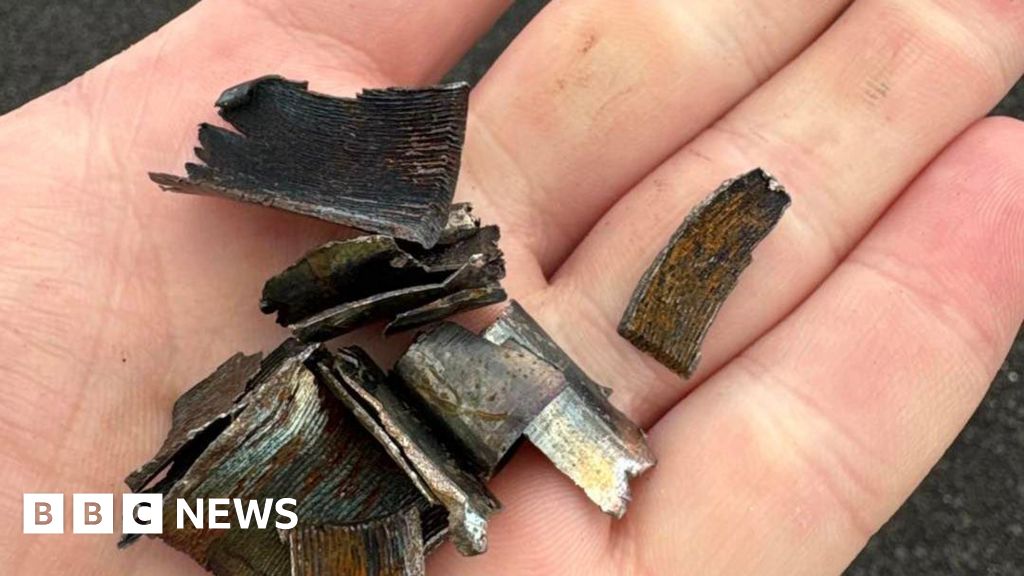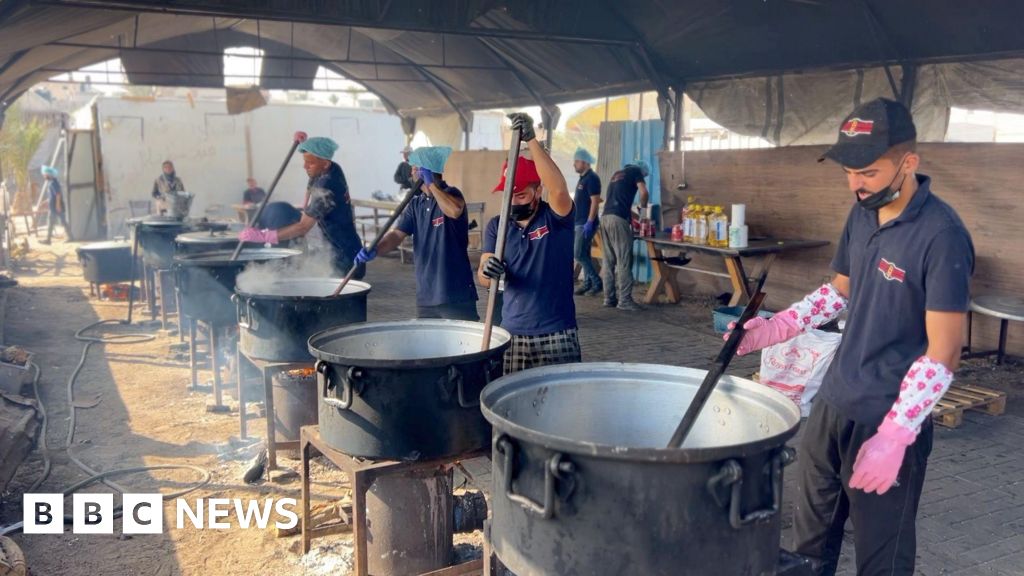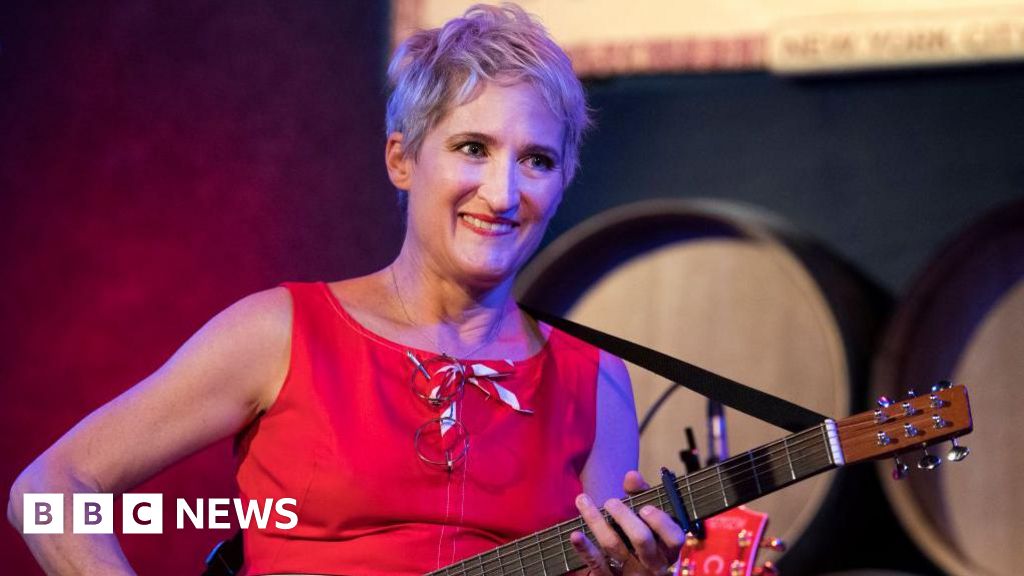ARTICLE AD BOX
Image source, Getty Images
The Beijing Winter Olympics and Paralympics are taking place this month.
However, China's human rights record has prompted a number of countries to declare diplomatic boycotts of the Games, which means their top officials won't attend.
When are the Games and how big are they?
The Winter Olympics take place from 4 February to 20 February with around 3,000 athletes competing in 109 different events.
The Winter Paralympics run from 4 March to 13 March, with 736 competitors across 78 events.
Some Olympic events, such as curling, are taking place a ahead of the opening ceremony on 4 February.
Image source, China News Service via Getty
China's government and businesses are spending $3.9bn (£2.95bn) on the Games, which are taking place in and around Beijing:
- Indoor ice events will take place in stadiums in Beijing
- Yanqing, 75 km from Beijing, will stage alpine skiing, bobsled and the luge
- Zhangjiakou, 180 km from Beijing, will host most skiing and snowboarding events
The organisers will spray about 1.2 million cubic metres of artificial snow onto competition sites because so little falls in the region. China has been criticised over the environmental impact of this process.
Because of Covid, competitors and officials will be kept in secure "bubbles" and no spectator tickets will be sold to the public.
Which countries are boycotting the Olympics?
The US, UK and Canada have declared a diplomatic boycott of the Games, along with Australia, Lithuania, Kosovo, Belgium, Denmark and Estonia.
Although they will all send athletes to compete, no ministers or officials will attend.
British MP Iain Duncan Smith, who represents the Inter-Parliamentary Alliance on China, said: "The Chinese government commits industrial-scale human rights abuses in the Uyghur Region, Tibet and sends near-daily military incursions into Taiwan's airspace.
"We cannot lend any legitimacy to China's despotic regime."
Japan has also said it won't send any government ministers to the Games but will send Olympic officials.
Image source, Reuters
Image caption,China has cracked down on anti-government protests in Hong Kong
New Zealand, Austria, Slovenia, Sweden and the Netherlands are not sending government representatives to the Games, but are citing Covid risks as their reason.
France is against a boycott. President Macron has said: "I don't think we should politicise these topics, especially if it is to take steps that are insignificant and symbolic."
There have also been protests across the world against the Beijing Games by human rights activists.
What are the allegations against China?
The Beijing government is accused of committing atrocities against the Uyghur Muslim population in the northwest province of Xinjiang.
Human rights groups believe more than one million Uyghurs have been detained over the past few years in a large network of what the state calls "re-education camps", with hundreds of thousands sentenced to prison terms.
Image source, Getty Images
Image caption,A suspected "re-education" camp in China's northwestern Xinjiang region
There is also evidence that Uyghurs are being used as forced labour, and that women are being forcibly sterilised. Some former camp detainees allege they were tortured and sexually abused.
Beijing is also accused of restricting the freedom of people in Hong Kong through new legislation including the Hong Kong National Security Law.
In its 2021 annual report, Human Rights Watch said that "Beijing's repression - insisting on political loyalty to the Chinese Communist Party - deepened across the country".
German government ministers boycotting the Games said they were protesting against the treatment of Chinese tennis champion Peng Shuai.
She was not heard from for nearly three weeks after she made allegations of sexual assault against Zhang Gaoli, former vice-premier of China, and a high-ranking communist party member.
Image source, Getty Images
Ms Peng said they had a romantic relationship, and that he had "forced" her to have sexual relations with him.
It is the first time such an allegation has been made against one of China's senior political leaders.
How has China responded?
China's government denies all the allegations made in the case of Ms Peng.
The country has also consistently denied violating human rights in Xinjiang, and has warned its most vocal accusers - such as the US and Germany - not to interfere in its "internal affairs" in Hong Kong.
It has spoken out most loudly against the US diplomatic boycott.
China's Foreign Ministry said that the US had "clearly violated the Olympic spirit", and "will pay a price for its erroneous actions". However, it has not specified what this price might be.

 3 years ago
38
3 years ago
38








 English (US) ·
English (US) ·